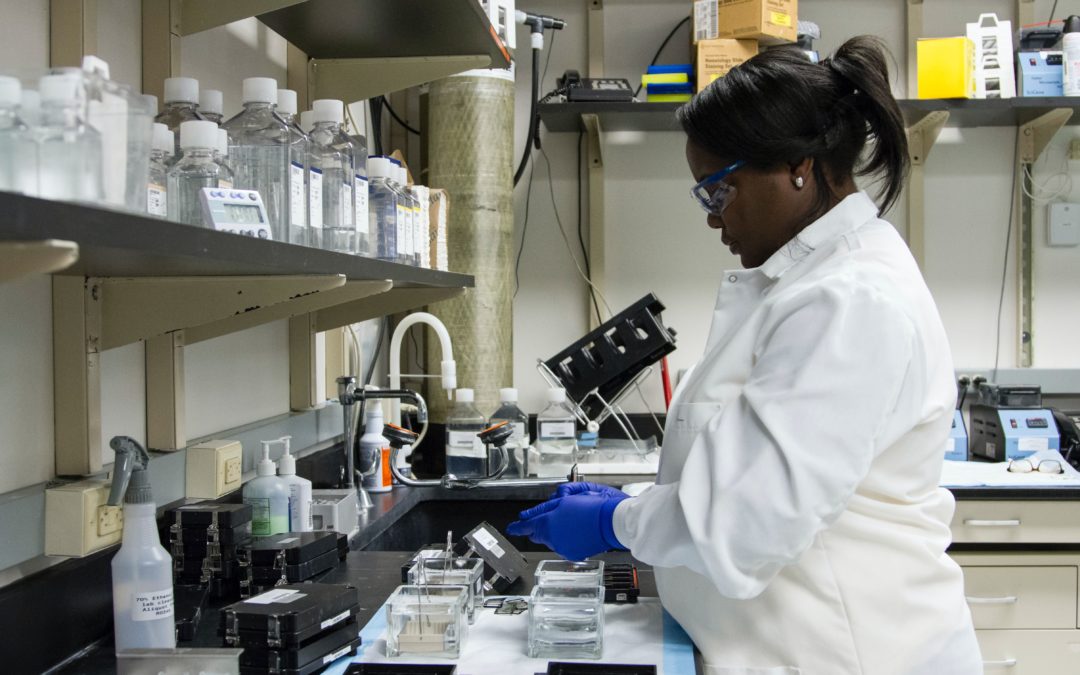The SARS-CoV-2 pandemic in 2020 was undoubtedly a hard hit for people around the world. It also caused a huge stir in the corporate community, forcing it to quickly adapt to remote working arrangements.
When it comes to setting up intercontinental teams within global pharmaceutical companies and CROs, time zones are now the only limitation. Today, people routinely work closely with peers who are physically present in many locations scattered around the world. In the post-pandemic reality, corporate events and training sessions usually take place online. This saves time, and most employees can be reached very quickly.
The challenges
A major challenge for any clinical trial employee is that they need a great deal of training, both upon hiring and when they become engaged in a new trial. The scope is very broad: from the most fundamental training on good clinical practice, to corporate standard operating procedures and job-specific work instructions, to clinical study protocols and investigator’s brochures. For a project to be successful, it is essential that employees have a good understanding of the documents they receive. The US Food and Drug Administration (FDA) requires sponsors to engage trial monitors who are qualified by training and experience. The same requirements apply to site personnel, in particular investigators and coordinators, who are directly responsible for the quality of the trial and the data collected in the process (source: 21 CFR 812.43)
Even people with years of experience in clinical trials do not always understand the fundamental principles of good clinical practice, whether because of inadequate training or lack of it, or because the training was delivered by someone who was not fully familiar with the guidance they discussed. Knowledge gaps, ignorance of basic operating procedures or insufficient training in routine tasks often result in serious deficiencies being found in audits and inspections. This could compromise the quality of an entire project. Trials following good clinical practice are conducted, monitored and managed by adequately trained personnel who demonstrate a good understanding of GCP principles. Successful employees in this industry comply with company-provided standard operating procedures in their daily jobs, which is a guarantee of repeatability and good performance (source: LINK).
We, at KONTEKST, are looking forward to assist you!
Our priority is to help your employees maximise the understanding of the training materials and guidance that we translate. We also take care to ensure that nothing relevant gets “lost in translation”. We are aware that well-trained employees perform better and contribute to generating consistent, logical, high-quality data, driving the success of the entire trial project.
